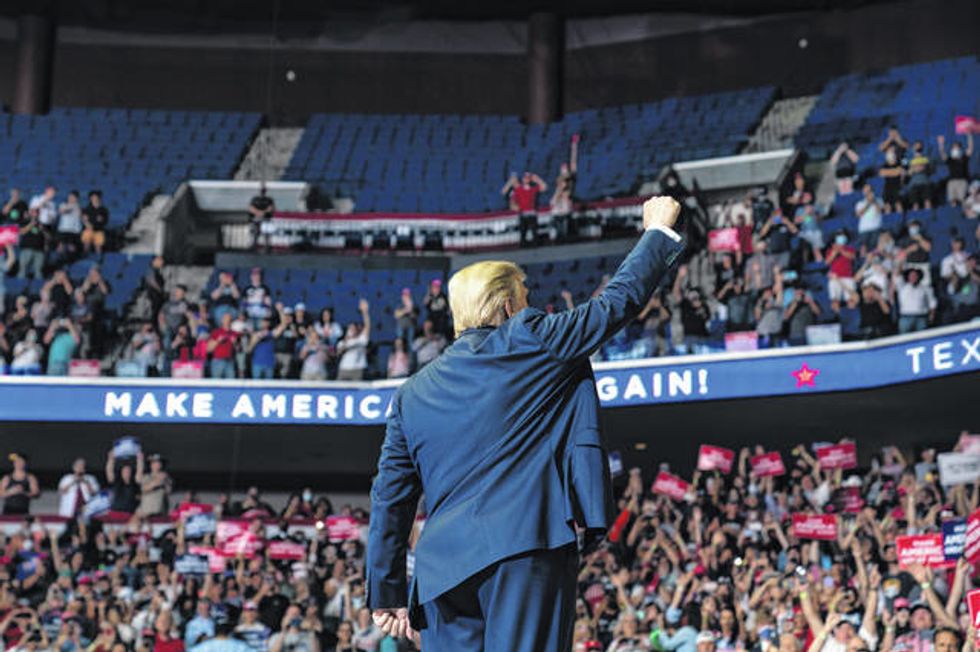On Wednesday afternoon twitter accounts of the rich and wealthy, Kanye West, Bill Gates, Obama, Apple, Wendy's, Uber, and Cash App (just to name a few) were hacked for hours and convinced followers into transferring their money into the cryptocurrency that s bitcoin. Prolific users profiles like Bill Gates tweeted out "Everyone is asking me to give back, and now is the time. You send $1,000, I send you back $2,000", similar tweets were sent out from the other twitter accounts. The hackers obtained over $115,000 from accounts followers through bitcoin.
This hacking rampage comes shortly after Kanye's abrupt run for the presidency in 2020 and quick pull out of the race, as well as the Trump administration's pressure to delete TikTok from the app store. With recent cyber events like these coinciding with the global COVID-19 pandemic, the overwhelming sense of doom hovers above us quarantining at home. How can the government take away the one app that has kept us semi mentally stable during self-isolation and quarantine? And how could the accounts of the wealthiest people are corporations be simply taken over and tweeted from so easily? The answer may simply be a separation between social and political.
Although socializing may constantly revolve around avoiding politics, politics are almost purely social. In a time where social media is so inevitable in our lives, I ask the question: If we leave decide to leave politics in person, would we enjoy our social media more? How different would our lives be with this separation? Similar to church and state, which if we really think about it isn't separated at all.
Obama was a political social media trailblazer in the 2008 presidential election, taking facebook political advertisements by storm and it worked. He won over America, twice, by being likable (literally), young and hip. He was on the same page as us, an almost apolitical influencer if you will. Trump followed his predecessor and lead by using social media as well, but in a quite different way, he chose tweeting on Twitter to reach voters and it worked too. It might have garnered a different response but he is in the office so I find it hard to say it didn't work.
In 2020, the tables have turned. Fake news floods social media, but so does the shocking truth. Live videos of police brutality and live streams of suicides. Our world has never been so polarized and afraid. Simultaneously, the playing field of obtaining a media audience has never been so level. Teenagers on the Tik Tok app single-handedly dismantled our president's rally and frankly hugely embarrassed him.
Social media has changed the political landscape and that is unignorable. We know everything about our political candidates, too much I would say. We have seen all the shoulders touched by Mr. Biden and the porn stars silenced by Mr. Trump. We focus so little on policies and so much more on the terrible spray tans.
I wonder what a step back from the screens would do to our political judgments. Would the eradication of TikTok actually be beneficial for our nation? Or is Trump just getting his revenge? Does our use of Facebook expose us to gruesome unnecessary content or open our eyes to environments we could never imagine?
I guess the recent events trickle back down to the basic PowerPoint question: Is social media actually a social medium or has it become much more?
In the current political climate what is more important than even the candidates themselves, is our right to vote. Exercise it. If you are not showing up to the polls to vote all of the hard work you put into your lives, causes, communities, families, and businesses go unwavered.
Women, our great grandmothers fought for our right to vote and not to be rude but I will lose respect for you if you do them dirty by not showing up to the polls.
Voting trumps all, literally.






 The minimum wage is not a living wage.
StableDiffusion
The minimum wage is not a living wage.
StableDiffusion
 influential nations
StableDiffusion
influential nations
StableDiffusion







